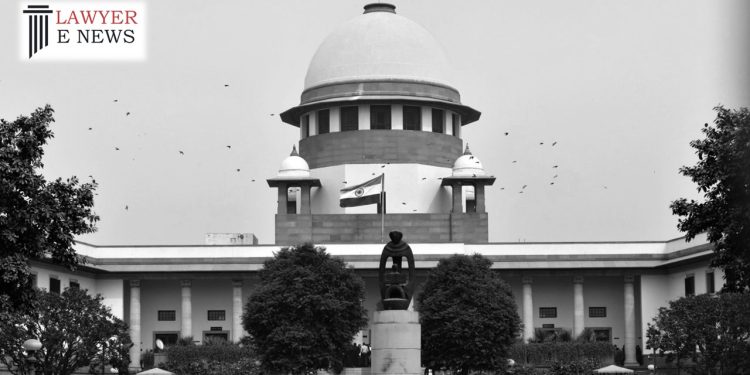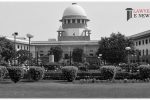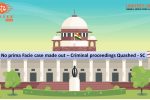Supreme Court Acquits Ravi Mandal and Another in Murder Case: Cautions Against Reliance on Testimony of Chance Witnesses

In a significant judgment, the Supreme Court of India acquitted Ravi Mandal and another accused in a murder case, highlighting the need for cautious scrutiny of evidence and the unreliability of testimony by chance witnesses. Justices Hrishikesh Roy and Manoj Misra presided over the bench and delivered the judgment on May 18, 2023.
The case pertained to the murder of an individual whose body was found in a forest. The Trial Court had convicted Ravi Mandal and the other accused based on testimonies of witnesses who claimed to have seen the deceased with the accused on the night of the incident. The High Court subsequently upheld the conviction, considering the prosecution evidence to be reliable and corroborative.
However, the Supreme Court, in its judgment, highlighted several discrepancies and inconsistencies in the testimonies of key witnesses, casting doubts on the reliability of their statements. The Court noted that the evidence primarily relied on the testimony of two chance witnesses, identified as PW-2 and PW-5. It emphasized the need for a cautious and close scrutiny of evidence when relying on the testimony of chance witnesses, particularly in cases where their presence at the scene of the crime remains doubtful.
The Court examined the statements of PW-2 and PW-5 and found their explanations for their presence at the scene to be questionable. It observed that PW-2 had remained silent for an extended period of over three and a half months before disclosing the incriminating circumstances he allegedly witnessed. The Court held that the delayed disclosure, without a cogent explanation, significantly undermined the credibility of PW-2’s testimony.
Similarly, the Court noted that PW-5’s explanation for his presence at the scene contradicted the evidence presented. His claim of going out to ease himself was contradicted by the presence of toilets within the cinema hall where the incident occurred. Moreover, PW-5’s statements were inconsistent, and there were discrepancies regarding the recording of his statement by the investigating officer.
The Court also raised doubts about the recovery of weapons from the accused. It noted procedural lapses, such as the lack of public witnesses during the recovery and discrepancies in the site plan. Moreover, the ballistic report, which connected the recovered weapon to the crime, was not put to one of the accused during the recording of his statement. These factors led the Court to question the reliability of the recovery and its admissibility as evidence.
Based on its analysis, the Supreme Court concluded that the prosecution failed to prove beyond a reasonable doubt that the accused were responsible for the murder. The Court highlighted the necessity of strict scrutiny in blind murder cases where evidence is collected from bits and pieces, cautioning against basing convictions on unconvincing evidence.
Accordingly, the Supreme Court allowed the appeal and set aside the convictions of Ravi Mandal and the other accused. The Court acquitted them of all charges and discharged any existing bail bonds. The judgment emphasized the importance of properly evaluating evidence and applying correct legal principles to ensure a fair and just trial.
Date of Judgment: May 18, 2023
RAVI MANDAL vs STATE OF UTTARAKHAND






